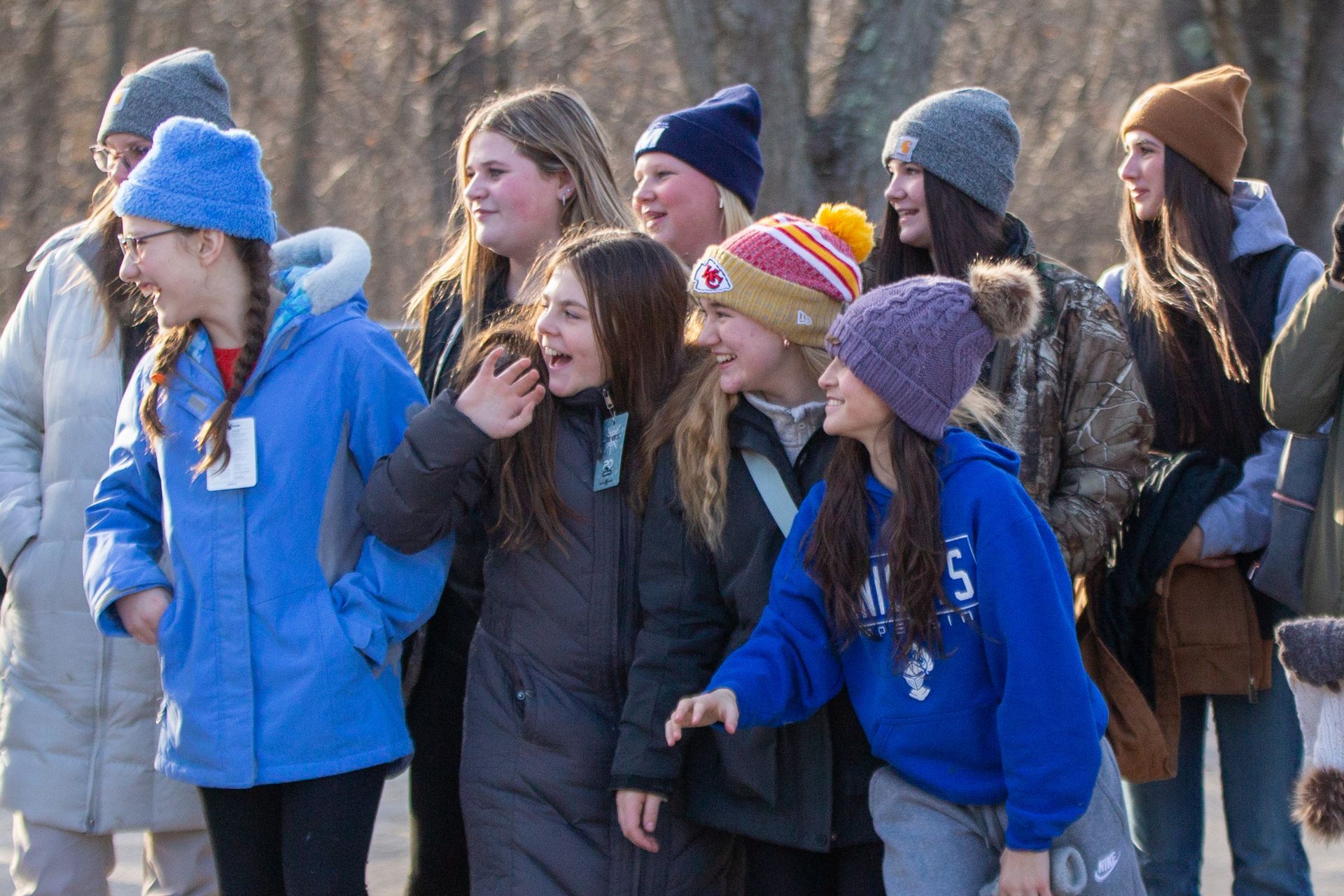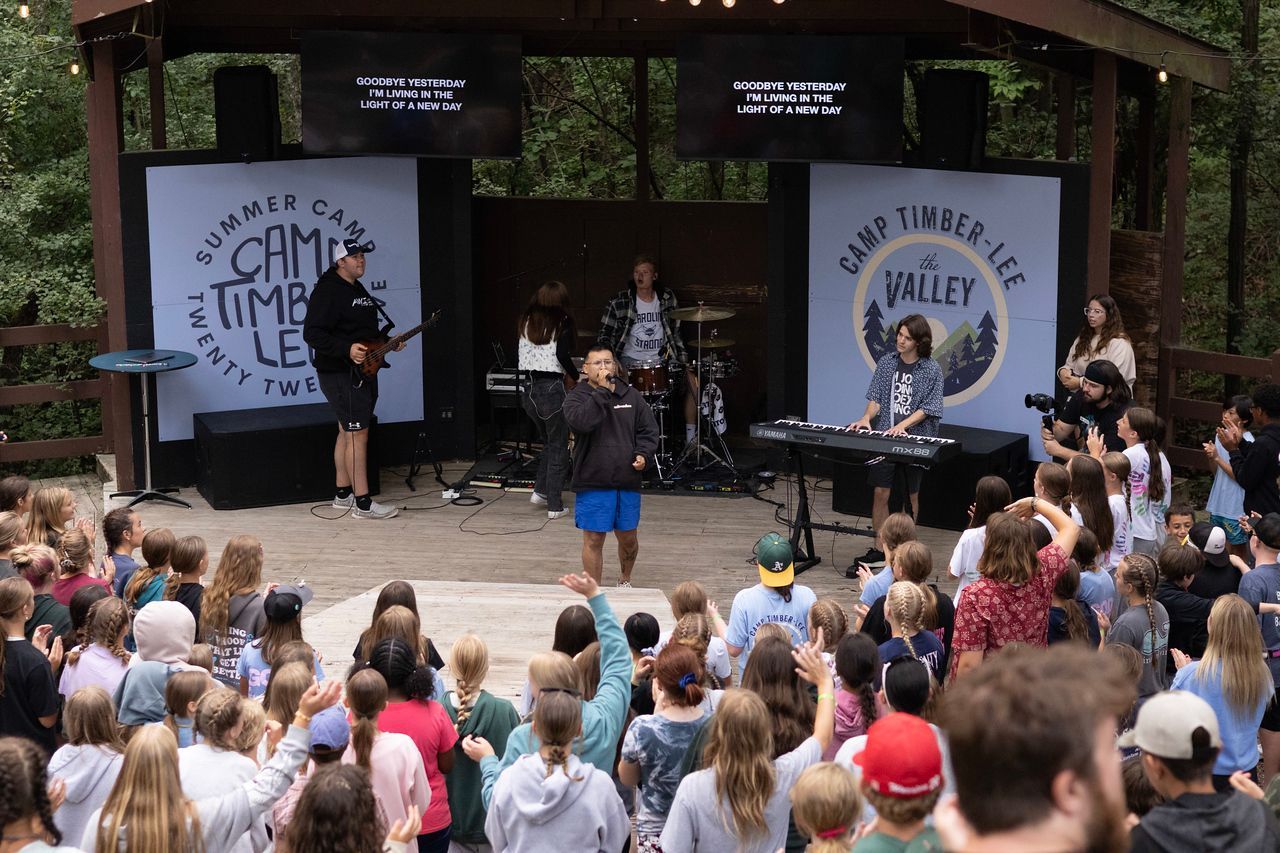Why Winter Camps Are the Secret to Youth Group Growth
Why Winter Camps Are the Secret to Youth Group Growth
When most people think of youth camps, they picture sunny skies, lakeside fun, and warm summer nights. But here’s the secret seasoned youth leaders know: winter camps can be the most powerful catalyst for growth in your youth group—spiritually, relationally, and even numerically. At Camp Timber-lee, winter is more than a season; it’s an opportunity for transformation.
1. Winter Creates Space for Deeper Connections
In summer, the pace of life—and even camp—can feel non-stop. Winter camp, on the other hand, invites a different kind of focus. The crisp air, cozy fires, and slower pace create an environment where students can truly talk, listen, and engage without distractions.
- Smaller groups often mean more one-on-one time between leaders and students.
- Cozy spaces like lodges and firesides encourage meaningful conversations.
- Shared challenges like braving the cold or tackling a snow tubing hill bond students in unique ways.
When students return home feeling truly known by their peers and leaders, they stay plugged in to your youth ministry long after the snow melts.
2. A Mid-Year Spiritual Reset
By the time winter rolls around, students are often feeling spiritually drained. School demands, extracurriculars, and social pressures can take their toll. Winter camp offers the perfect opportunity for a mid-year reset.
- Focused
Bible teaching can refuel their passion for Christ.
- Worship in a quiet, snow-covered setting feels uniquely intimate and impactful.
- Time away from screens and routines gives space for God’s voice to be heard.
Many youth pastors report that decisions for Christ at winter camp set the tone for students’ spring and summer involvement in church.
3. Unique Activities That Leave Lasting Memories
Snow tubing, broomball, cross-country skiing, and wildlife encounters—winter camp isn’t just summer camp with coats. It’s an entirely different experience that can draw in students who may not normally sign up for a summer trip.
At Camp Timber-lee, winter means:
- Outdoor adventures that challenge and thrill.
- Indoor options for creative arts, science exploration, and more.
- A backdrop of breathtaking winter scenery that becomes part of the story students tell for years.
These unique experiences make winter camp a highlight, not a consolation prize.
4. Strengthening Group Identity
When your youth group spends an entire weekend away together—sharing meals, tackling challenges, laughing through late-night games—something changes. Barriers drop. Inside jokes form. A sense of belonging grows.
Youth pastors often find that after winter camp:
- Attendance rises because students are more invested in each other.
- Peer-to-peer encouragement becomes more natural.
- Newcomers integrate faster into the group.
That relational glue pays dividends in small groups, outreach events, and even future trips.
5. Winter Camps Build Momentum Into Summer
Think of winter camp as planting seeds. The spiritual breakthroughs, friendships, and leader-student connections forged in January or February often bear fruit when summer comes around. Students who experience the joy and impact of camp in winter are more likely to sign up—and bring friends—for your summer programs.
Final Thoughts
Winter camp isn’t just a fun getaway—it’s a strategic investment in your youth ministry’s health and growth. At Camp Timber-lee, we’ve seen countless groups come away from a winter weekend more united, more committed, and more excited for what God will do next.
So don’t let the cold keep you in—embrace it. Because sometimes, the warmest hearts are found in the chilliest seasons.
FEATURED




